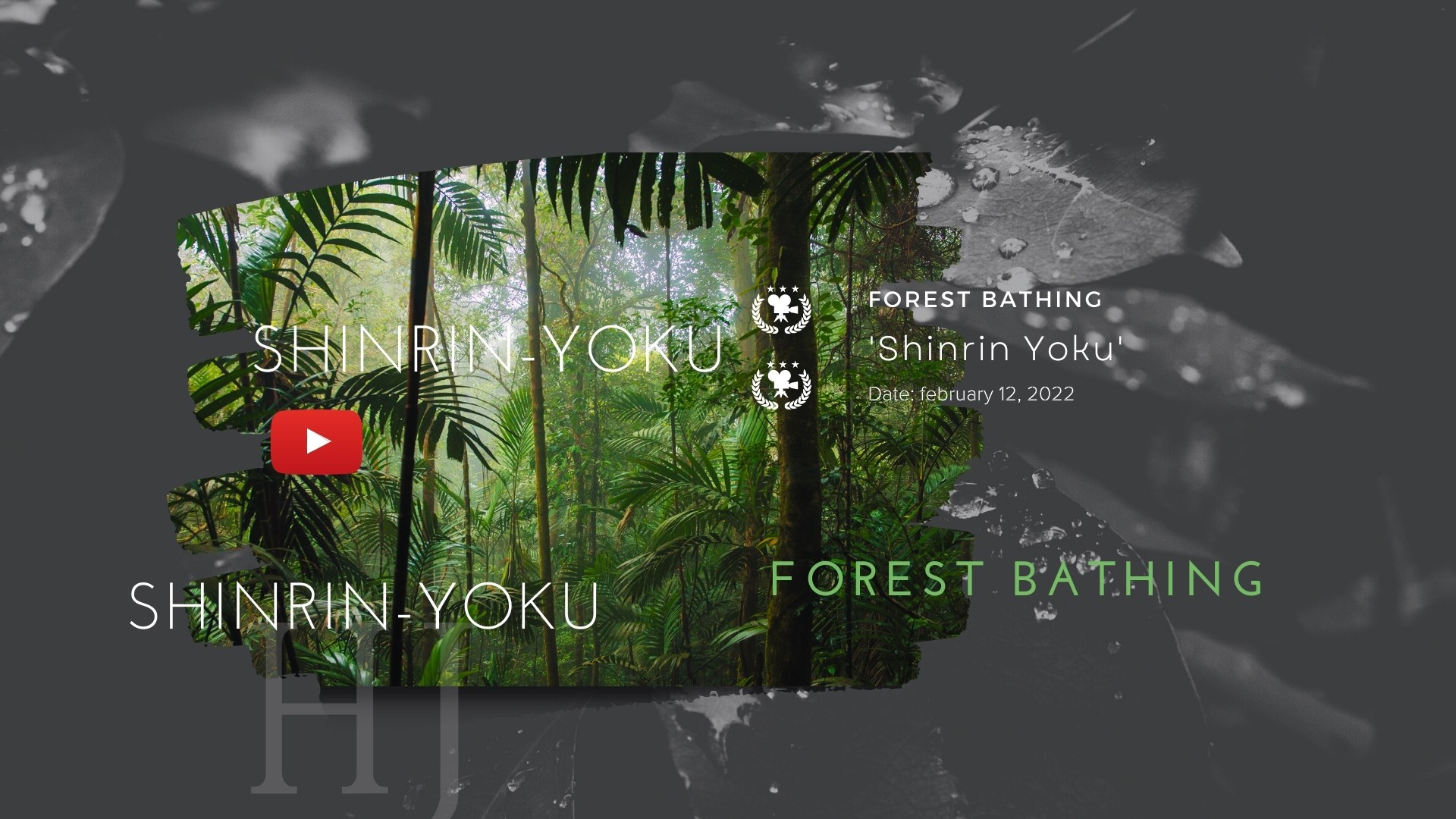Published by: Digital Schools
Shinrin-Yoku, Nature Gazing Part 2
My favourite thing in the whole world is staring intensely at living things, foraging for wild edibles, and musing about the magic and history of places out of daily reach.
I am a nature baby – and my top therapeutic activity to restoring tranquillity and calmness to my day is to spend as much time as I can in nature alone.
Feelings of frustration, angst, irritability and brain fog are lifted with enough time surrounded by friendly trees and the sweet sound of birds in the trees.
When I feel off, I know what to do!.
Run, in the direction of the nearest parkland, water source or wilderness and stay there until I feel normal again.
Applying the practices of mindful awareness and patience – and allowing time and intentional focus on the natural and alive – bad moods shift, the mind clears up, and I can return home feeling more connected and less emotional.
![]()
Without intending it, my daily practice of Nature Gazing is not too dissimilar from the course of Shinrin-Yoku,(forest bathing) that was established in Japan in the 1990s to help people manage stress and mental illness.
![]()
Shinrin-Yoku – (Forest Bathing)
![]()
Thank You
As we journey further into the how and why nature gazing and simple therapeutic practices can work magic on our well-being, I would like to acknowledge the custodians and the traditional landowners of the Kulin Nation and the Worimi peoples whose country keeps me sane.
To Birpai, the country that raised me. Everything I know has come from that place.
![]()
Guest Contributor: Emily Rack
Business Name: Horatio’s Jar
Publisher: Digital Schools
Emily Rack is a freelance creative writer and researcher, visual content creator and designer. She is the head of the content production, publication and editing for Upschool+ Guest Contributors. She designs and produces her own graphics and illustrations and is a seasoned photographer and digital content creator.
Emily is schooled in traditional yoga, ancient cultural dance from the east, and mindfulness practices from the ancient and new world. She has dedicated her life to researching and understanding matters of the mind, body and the human experience and cultivating ways to educate and communicate how to live well here on earth.
Communicating the urgent need for the human community to pay attention to the decline of native and endangered species is the primary focus of her recent content. Her research and dialogue also include how to self regulate and manage one’s emotions in times of trauma and stress. Gratitude, forgiveness, compassion and awareness are the keystones to all that she does.
Namaste.
——-
PUBLISHER’S DISCLAIMER: The publisher of this blog post (Digital Schools PTY LTD) works in partnership with the school as a 3rd party provider to help build and maintain the school website. Digital Schools sources a range of experts who provide products and/or services to educational institutions and we work with them to produce and publish topical information in the form of blog posts that we think may be relevant, interesting or topical to families within the community. The views, opinions and content listed in this blog post are that of the guest contributor and/or publisher (Digital Schools). It should be noted that whilst the publisher and guest contributors are acting with the best intentions and in the best interests of the school and their community to provide helpful or interesting information, sometimes the content may not necessarily reflect the views of the school.
The information in this blog post is not meant to be used, nor should it be used, to diagnose or treat any medical condition. For diagnosis or treatment of any medical problem, consult your own physician. The school and the publisher of this blog post are not responsible for any person reading or following the information in this article who may experience adverse effects.
Any references to external websites or sources are provided for informational purposes only and do not constitute an endorsement by the school or publisher in any way and the publisher and/or school cannot guarantee the accuracy of the information listed.
If you have feedback on any content on this platform, you can submit it to the publisher using the feedback link provided at the bottom of this page.


